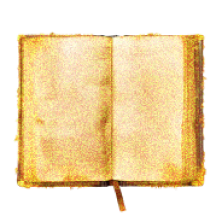

背景
背景
規模
規模
結果
開始
結果
開始
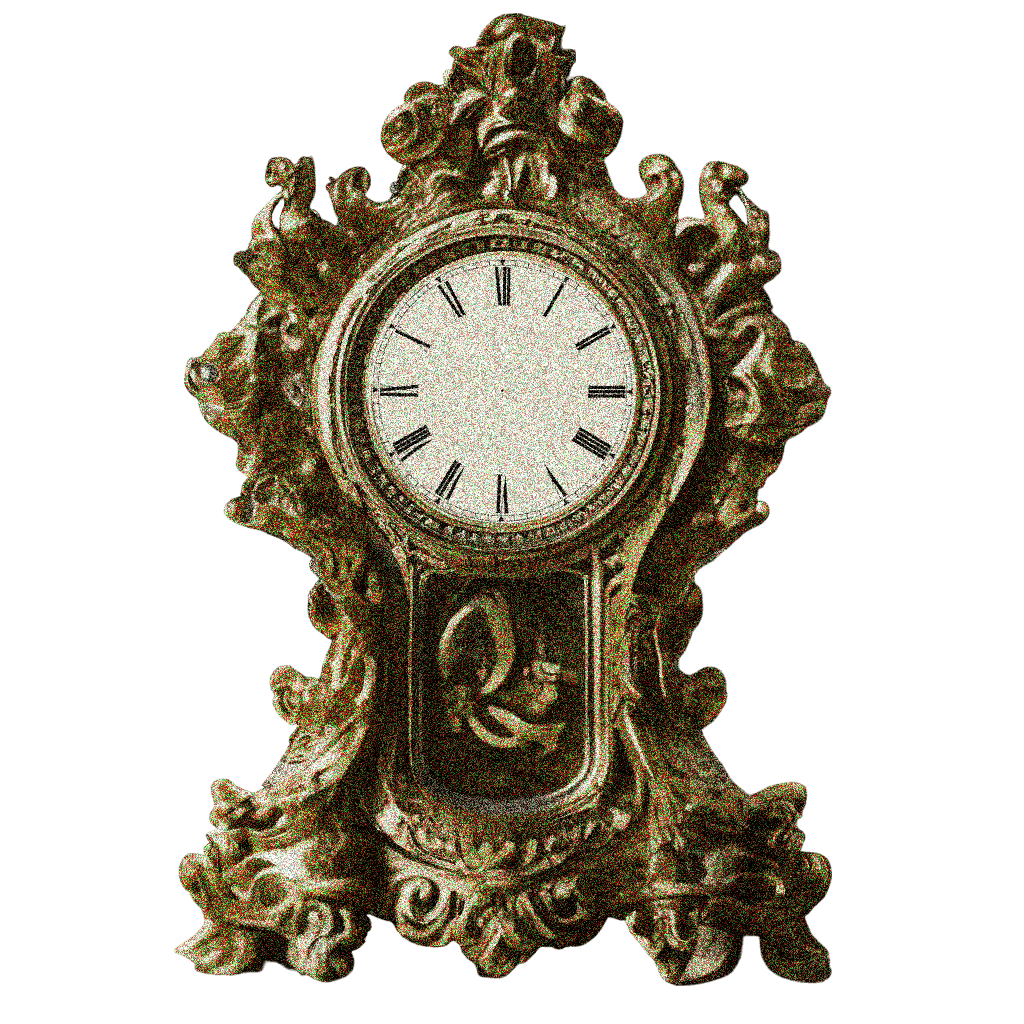


Returning
centuries back ...
centuries back ...
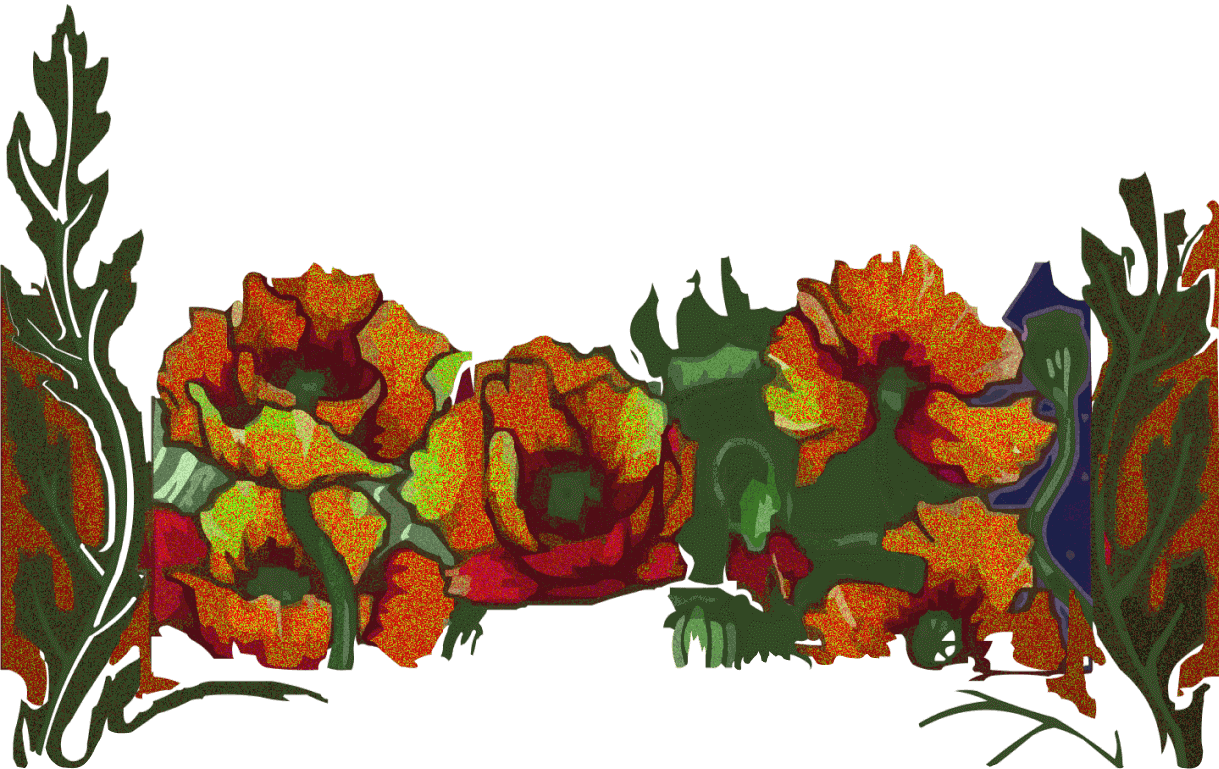












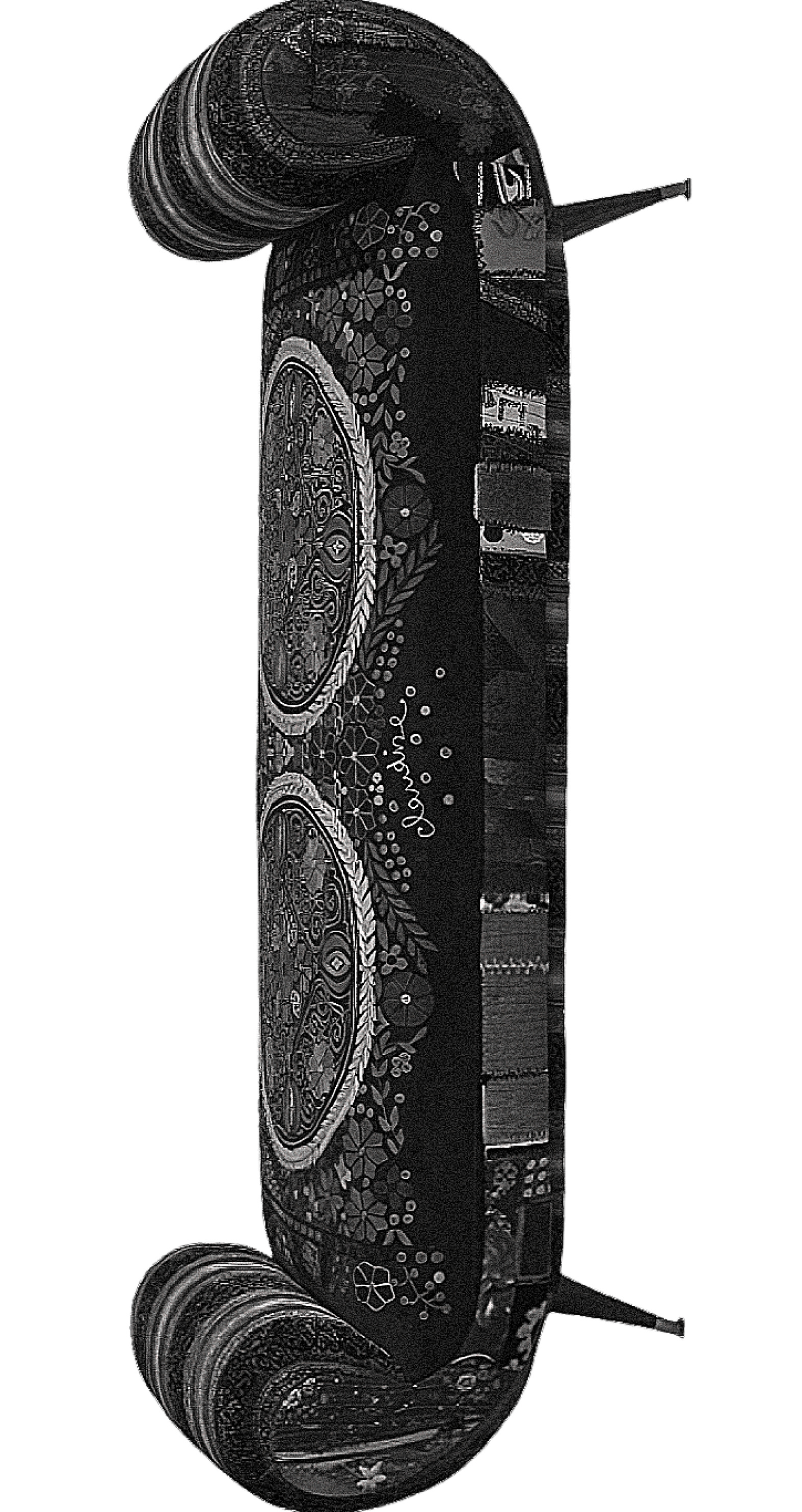
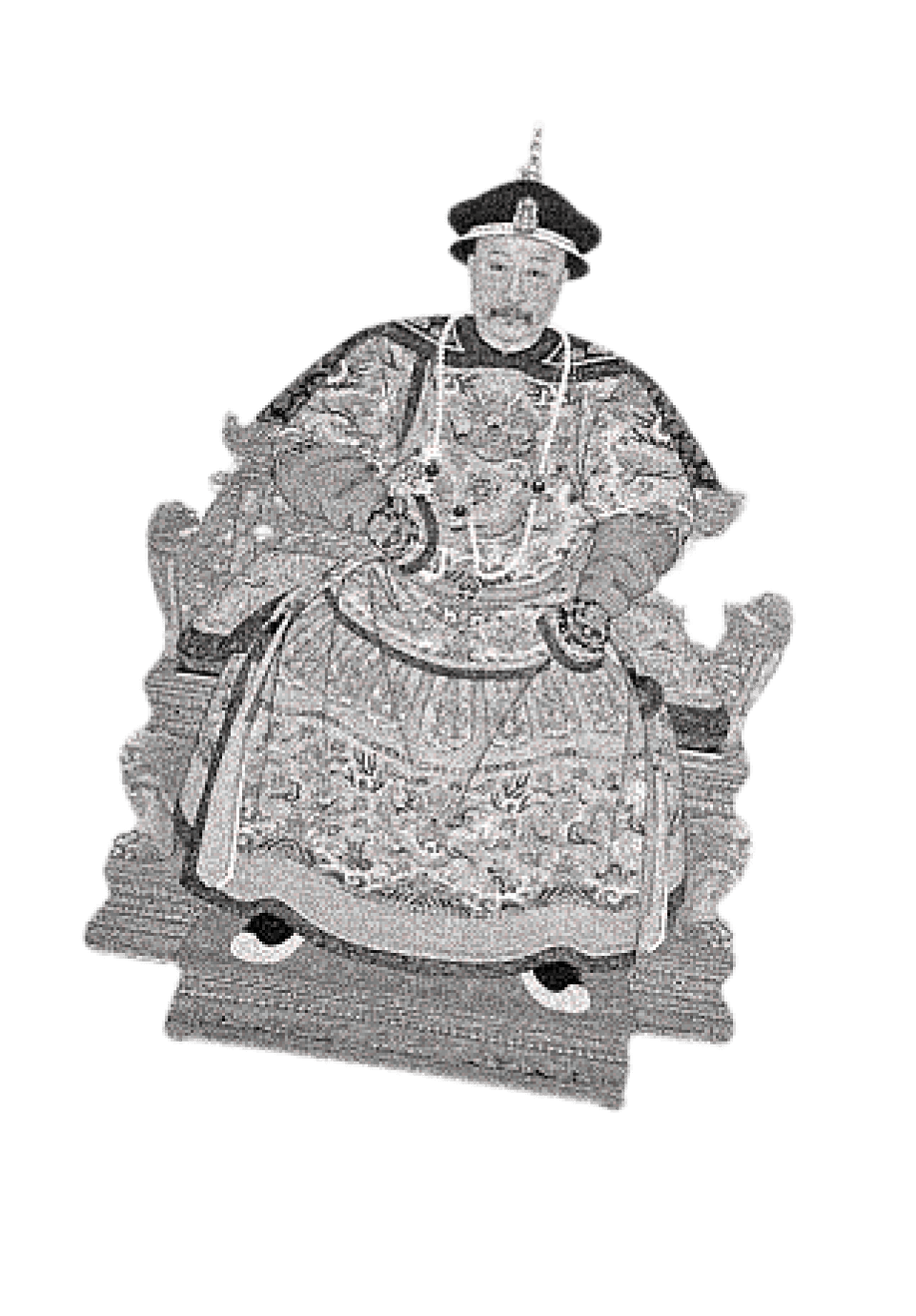
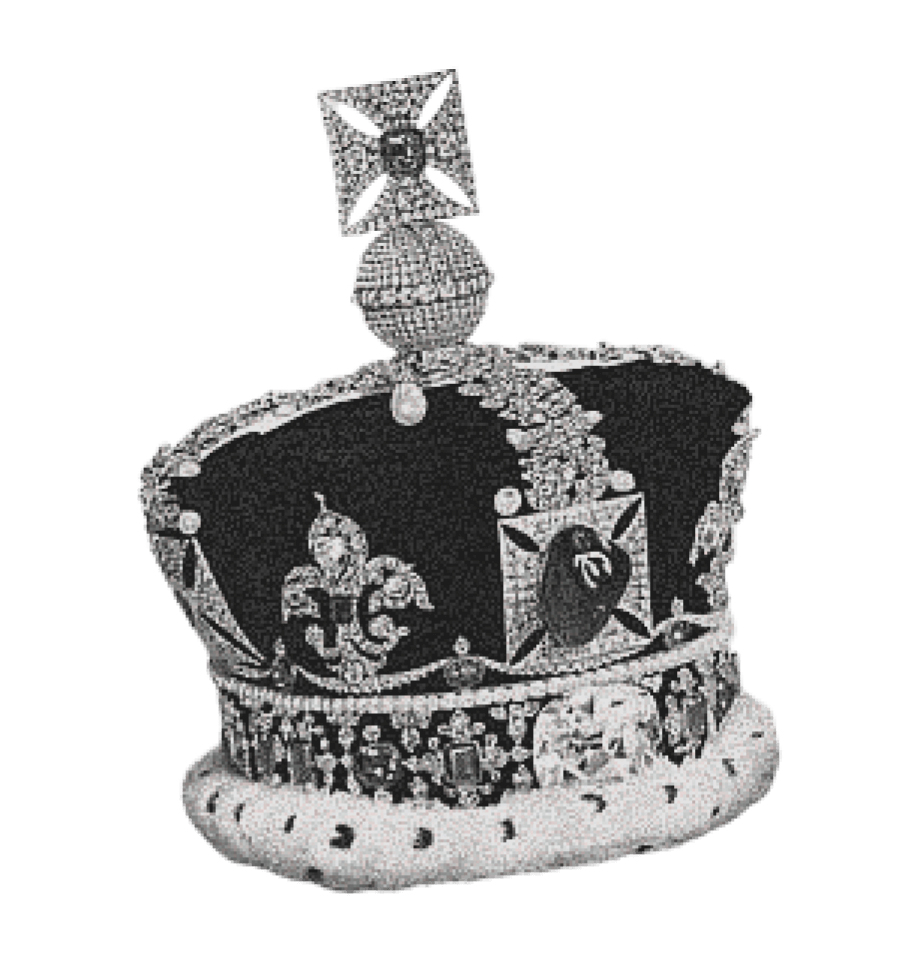







In the late eighteenth century, following the Industrial Revolution, the British Empire faced the challenge of saturating domestic and colonial markets.
To avoid economic decline, the country sought new markets and sources of income.

前提
衝突
for conflict
prerequisites
Moreover, China was a closed country, permitting trade through only one port—Guangzhou. Foreigners were strictly prohibited from leaving the confines of the port area and even from learning the Chinese language.
China demanded payment for its exported goods exclusively in gold and silver and restricted the import of foreign goods.
In order to survive,
an empire must continuously expand
an empire must continuously expand
Then the English capitalists turned their attention to the immensely wealthy country of China, which traded in silk, porcelain, tea, and works of art.

However, the English eventually managed to find a way to "open" China
Opium was produced in India under the control of the British East India Company and was smuggled into China despite the prohibition.
The aristocracy and Chinese officials were extensively and deeply involved in corrupt schemes
Opium was primarily consumed by the lower classes, including peasants, fishermen, and artisans, who used it to relieve pain, reduce stress, and diminish feelings of hunger and fatigue.
By the end of the 18th century, Chinese authorities recognized the dangers of widespread addiction and began actively combating opium dependence by confiscating and burning smuggled shipments of the drug
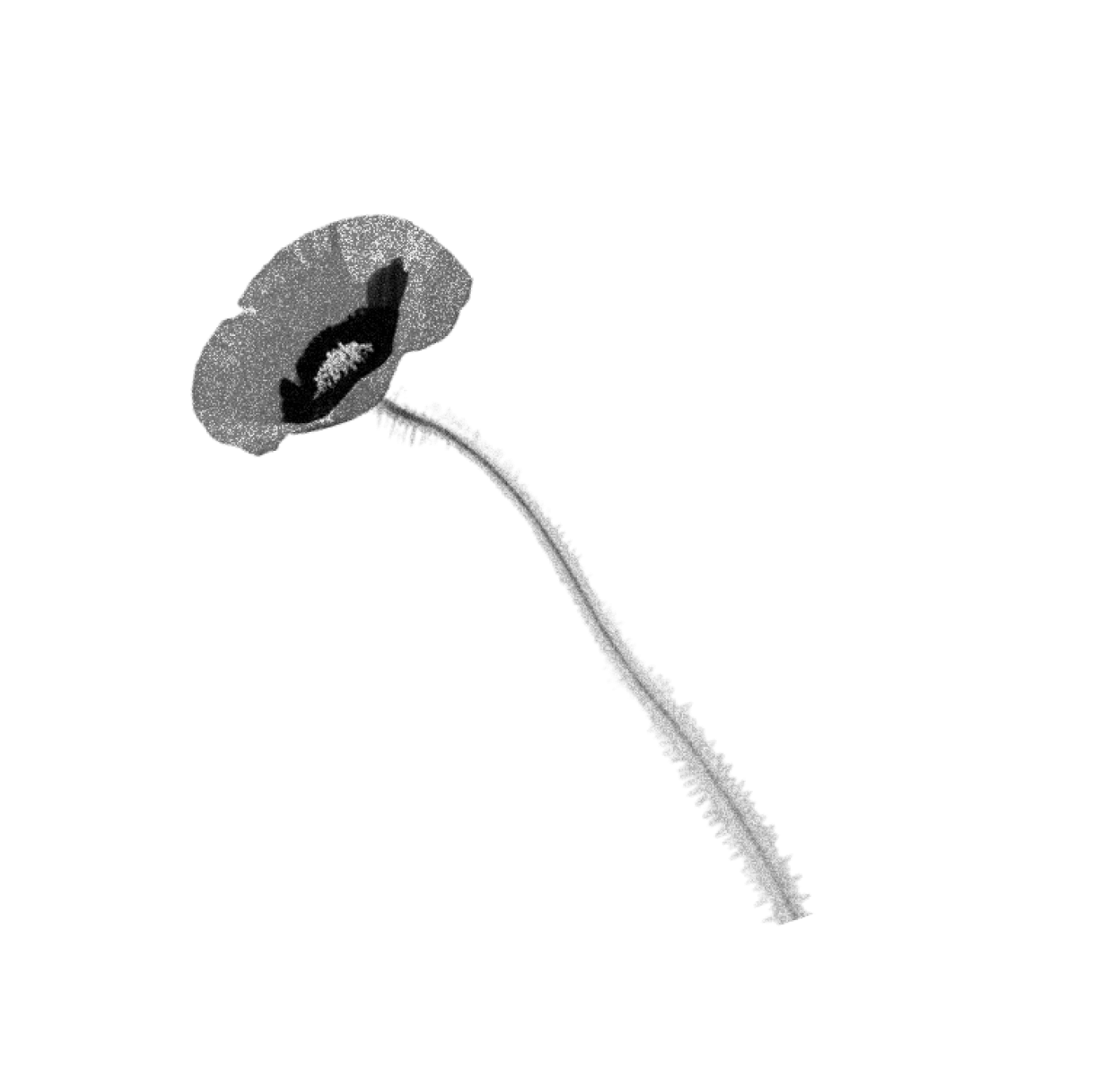







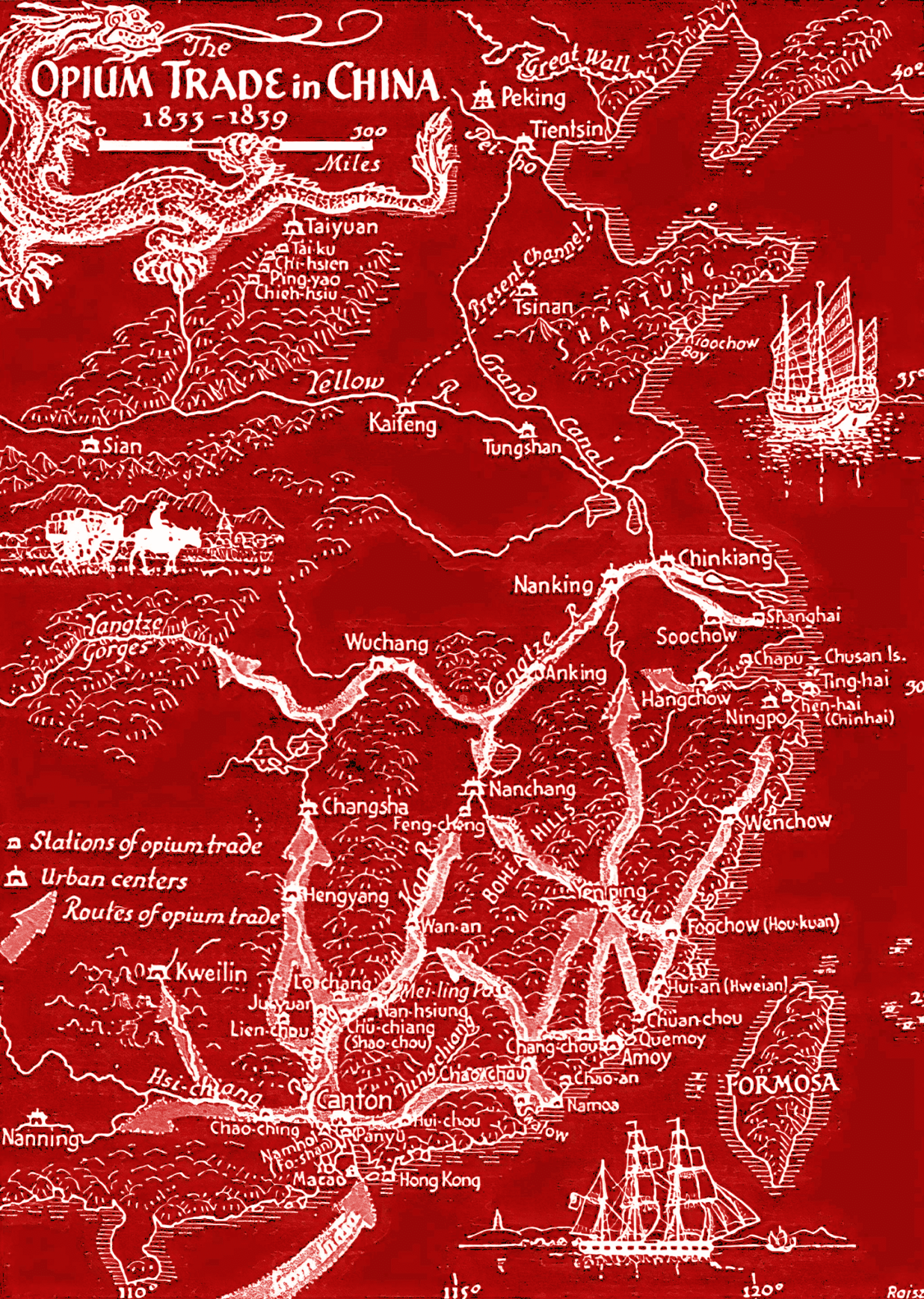
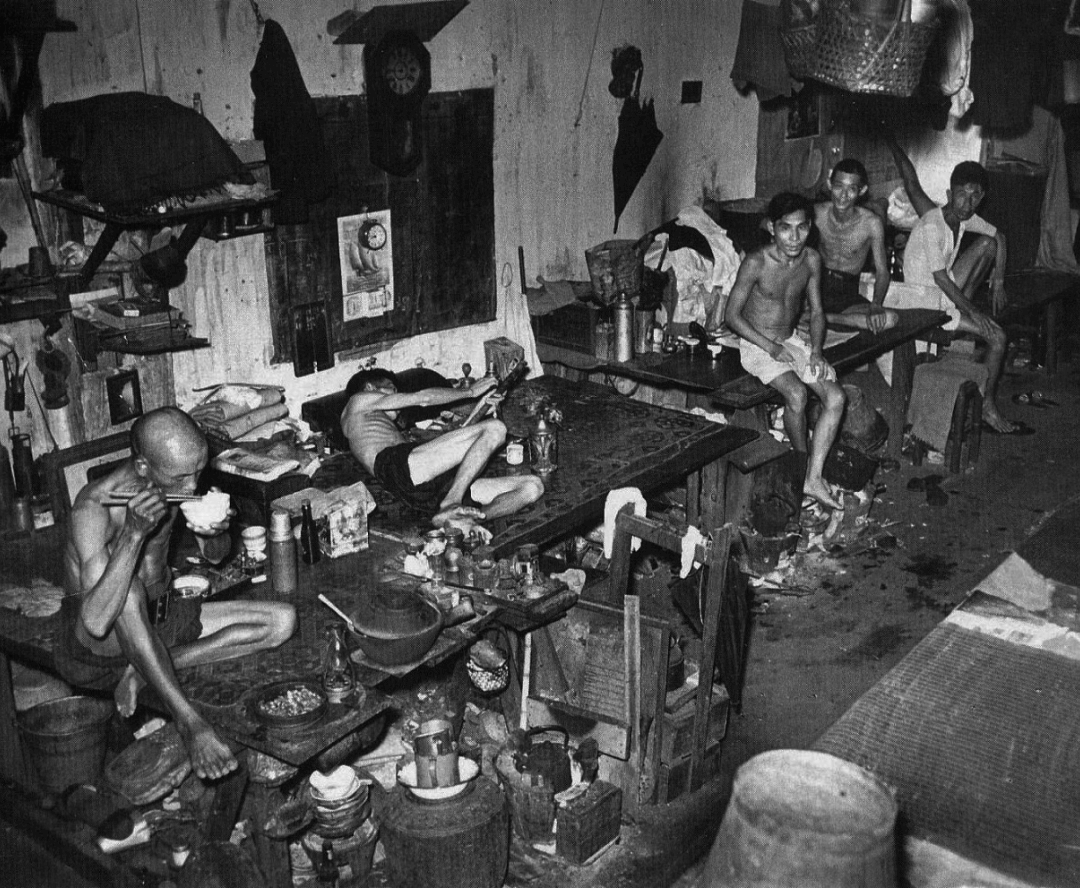

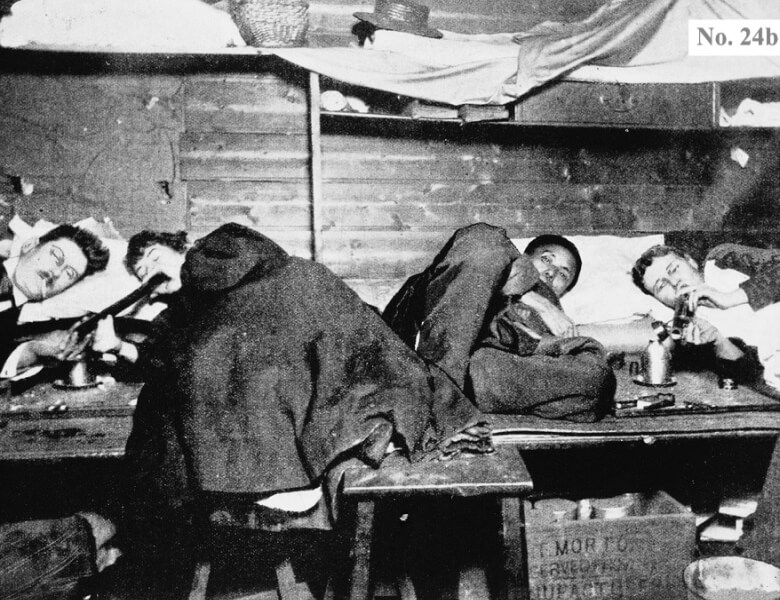


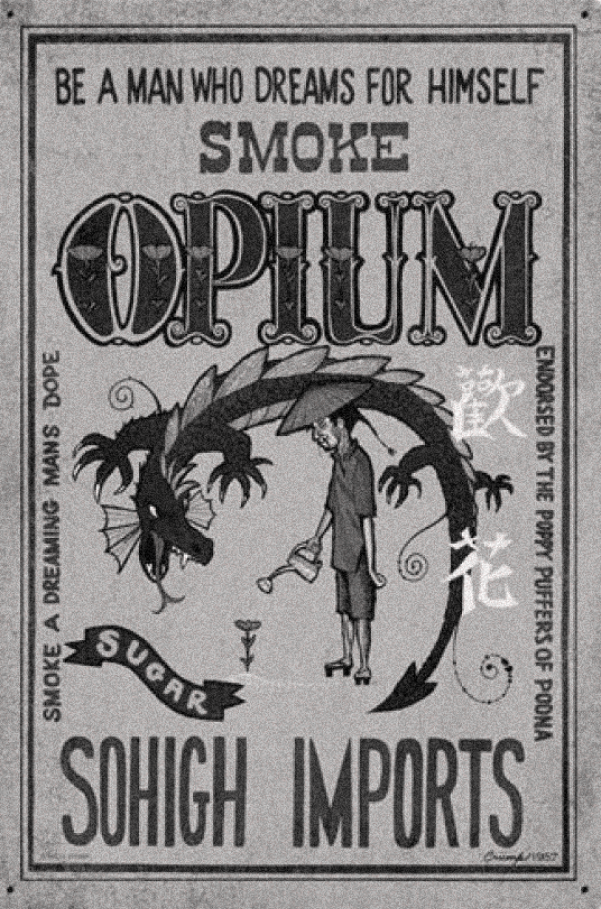
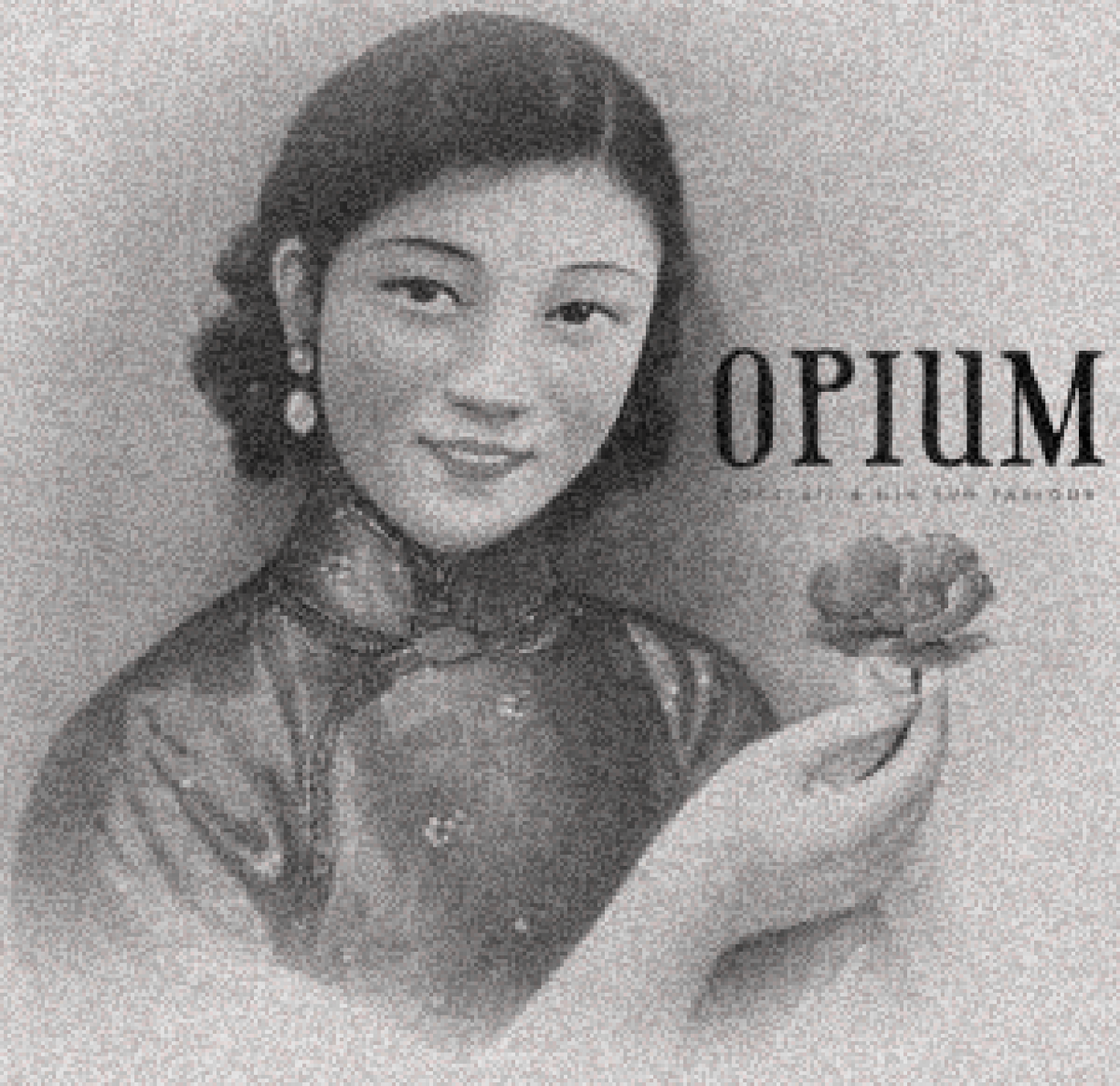

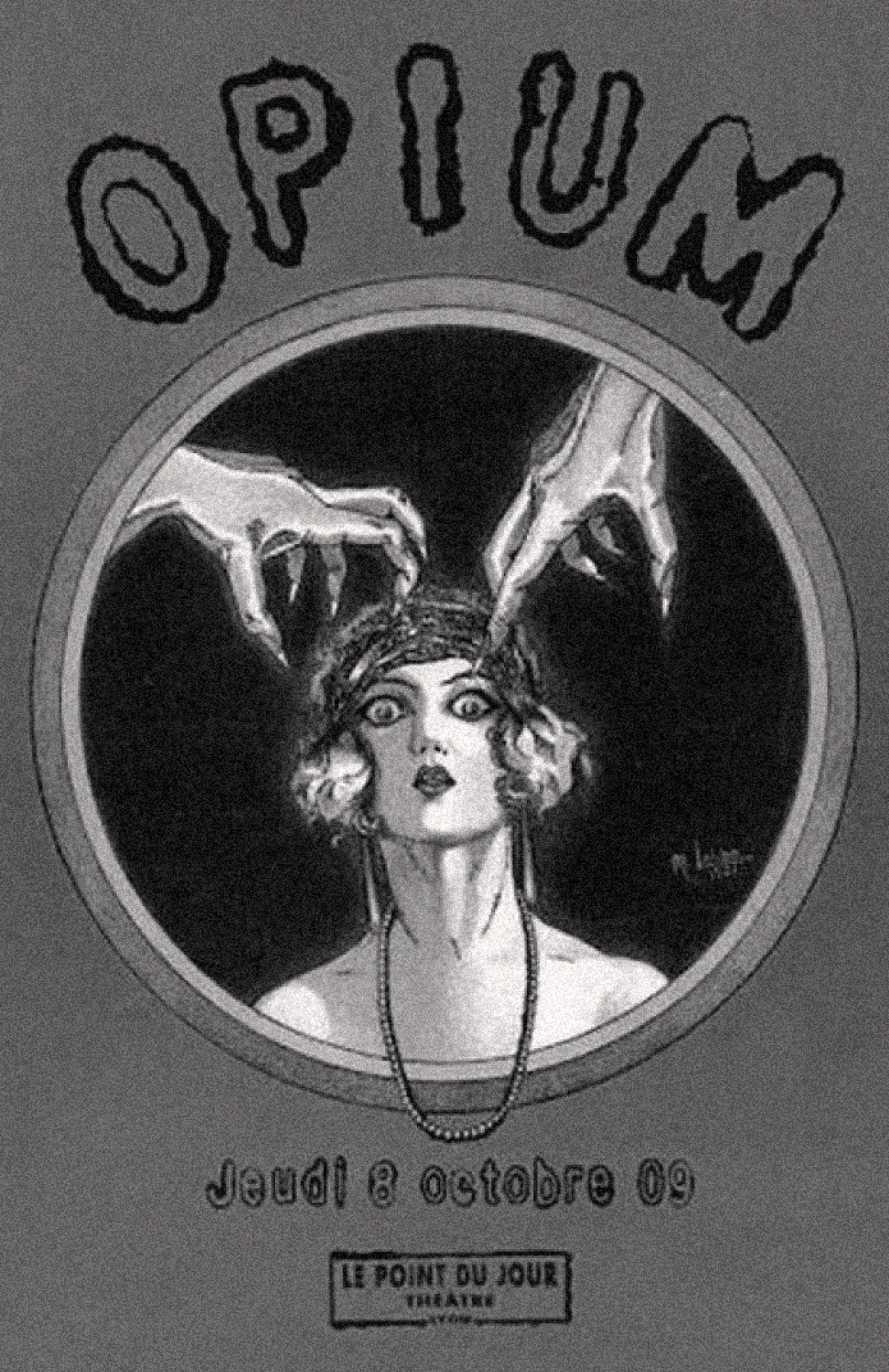


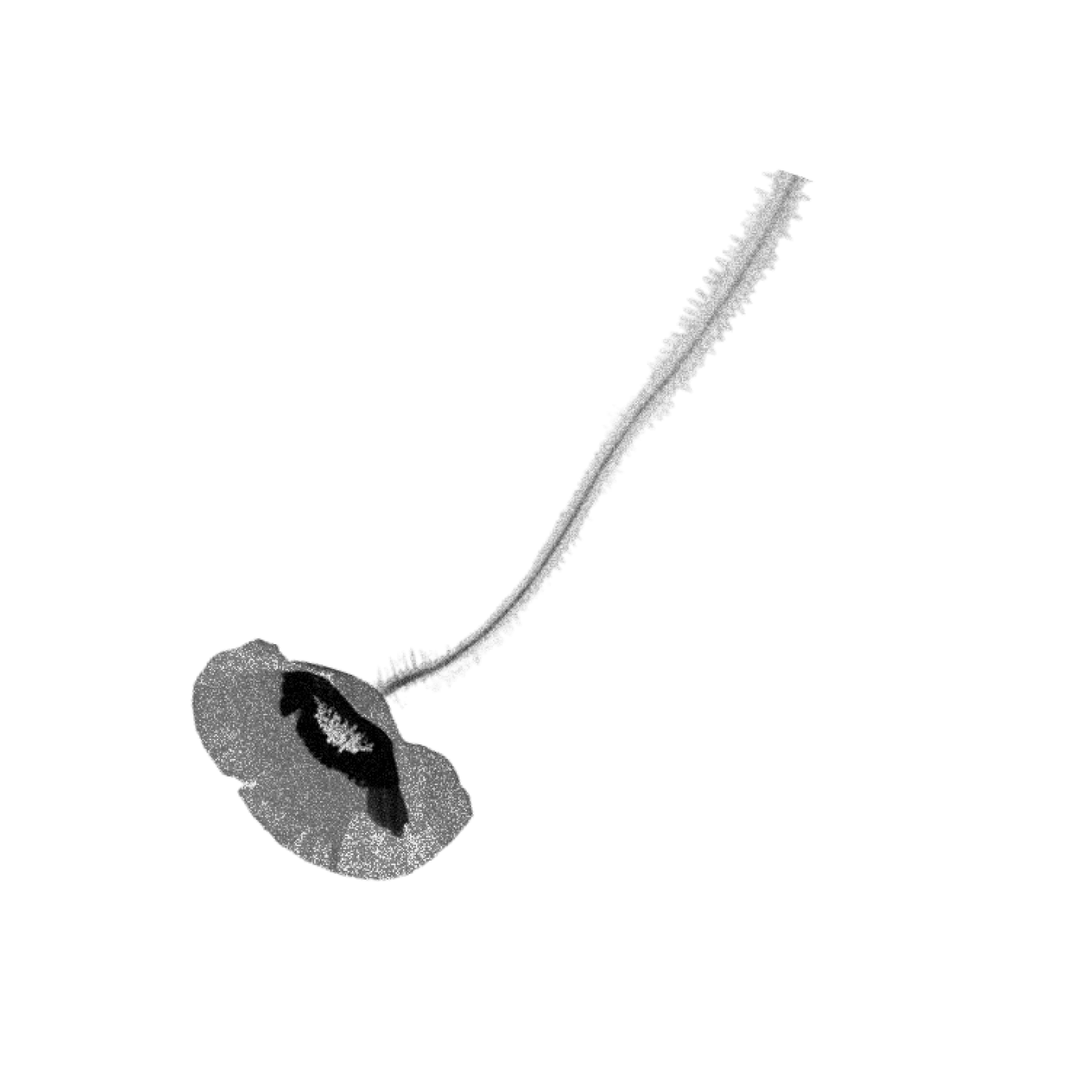


Opium addiction
was widespread
across all sectors of society,
to the point where the most
vulnerable -
children were addicted


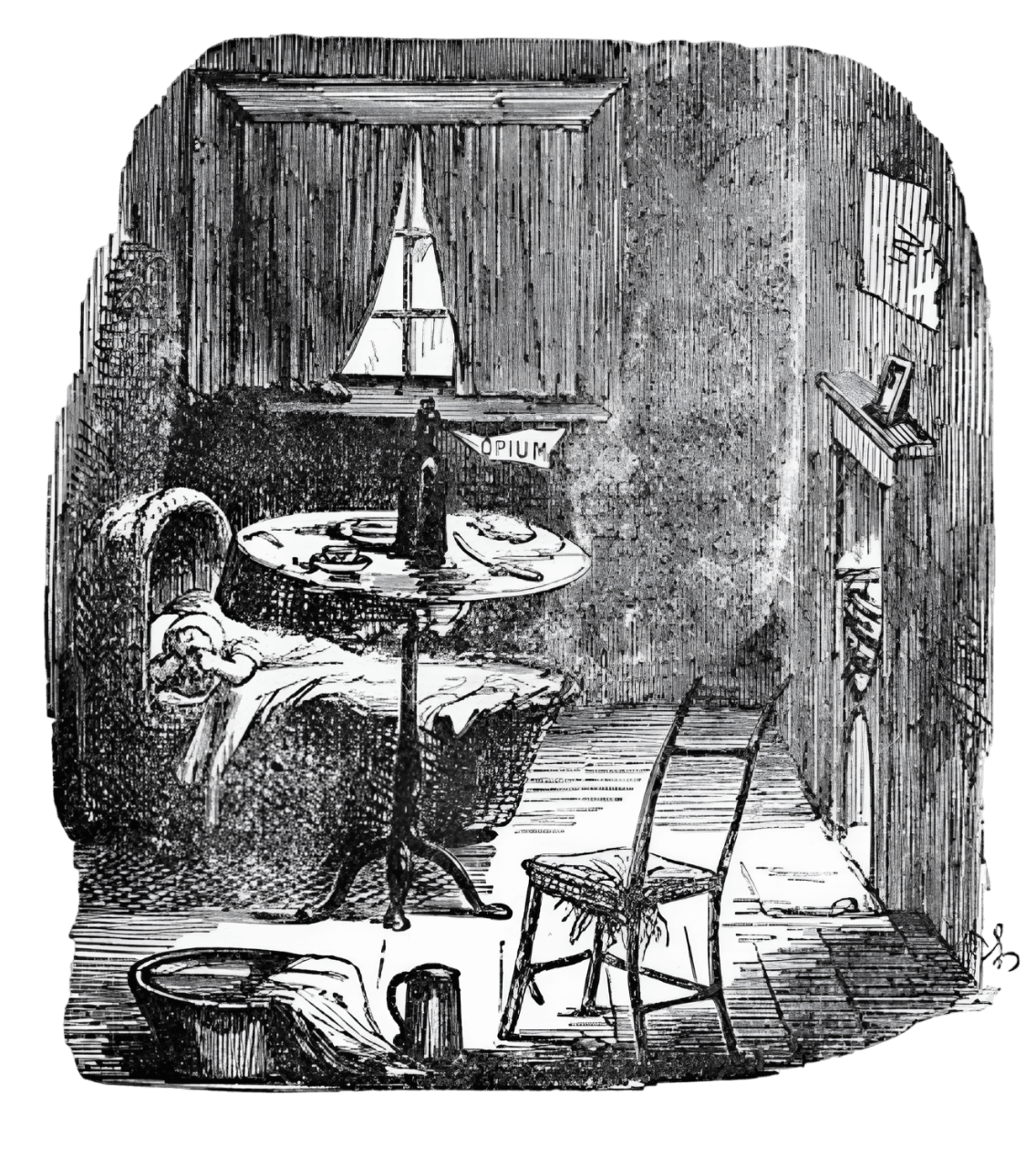

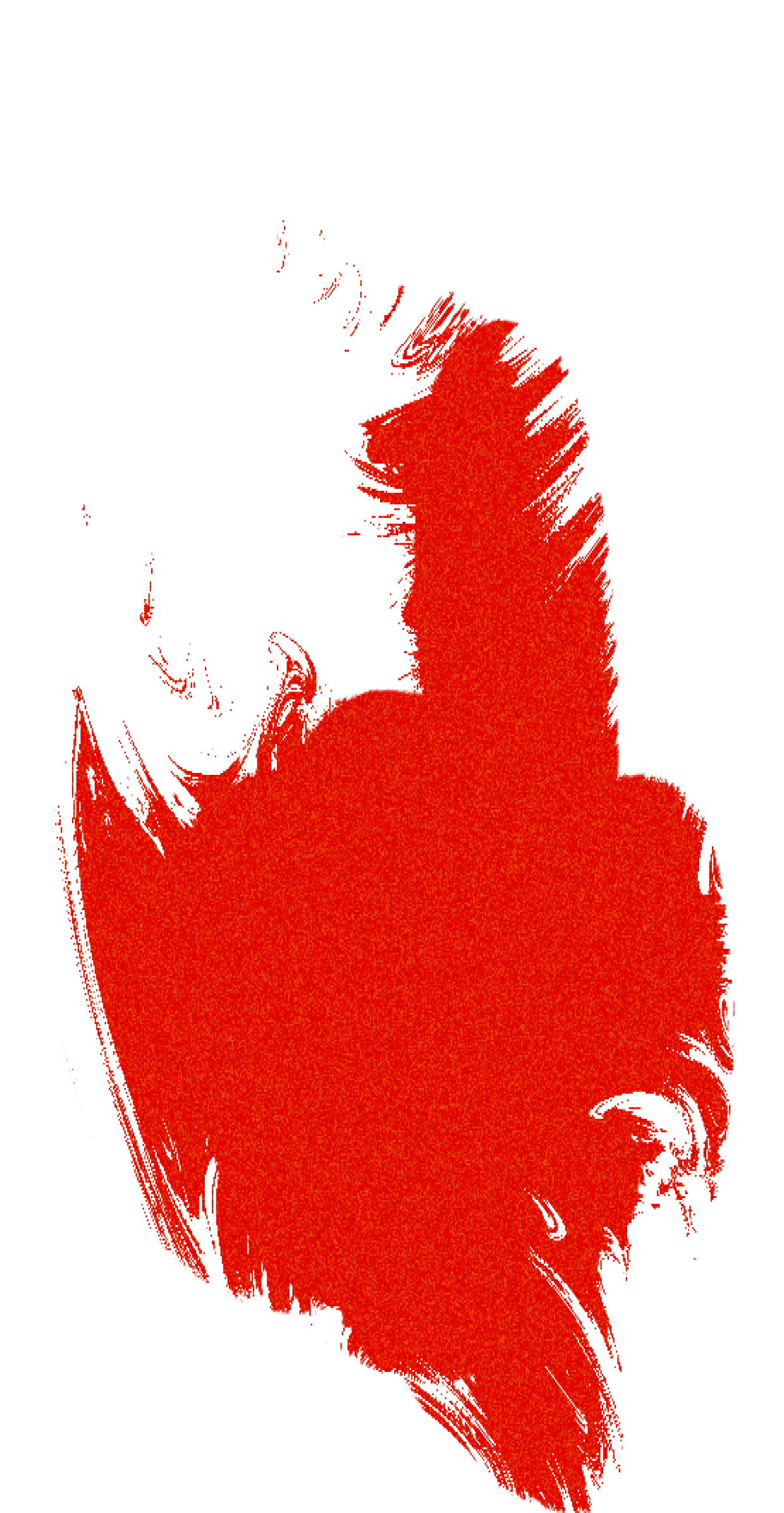
"Babysitter for beggar children"
規模
災難
catastrophe
scale of this
This drawing from an 1849 issue of the British humor magazine Punch examines a common practice of the time - the widespread use and abuse of opium and its derivatives to alleviate illness and even sedate children.
The Chinese Emperor Daoguang
sent ambassadors to London for decades, asking the British authorities to stop smuggling opium into the country

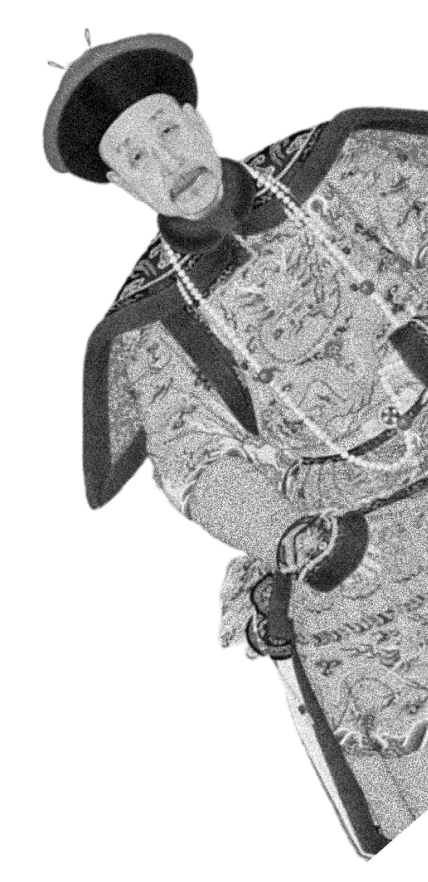
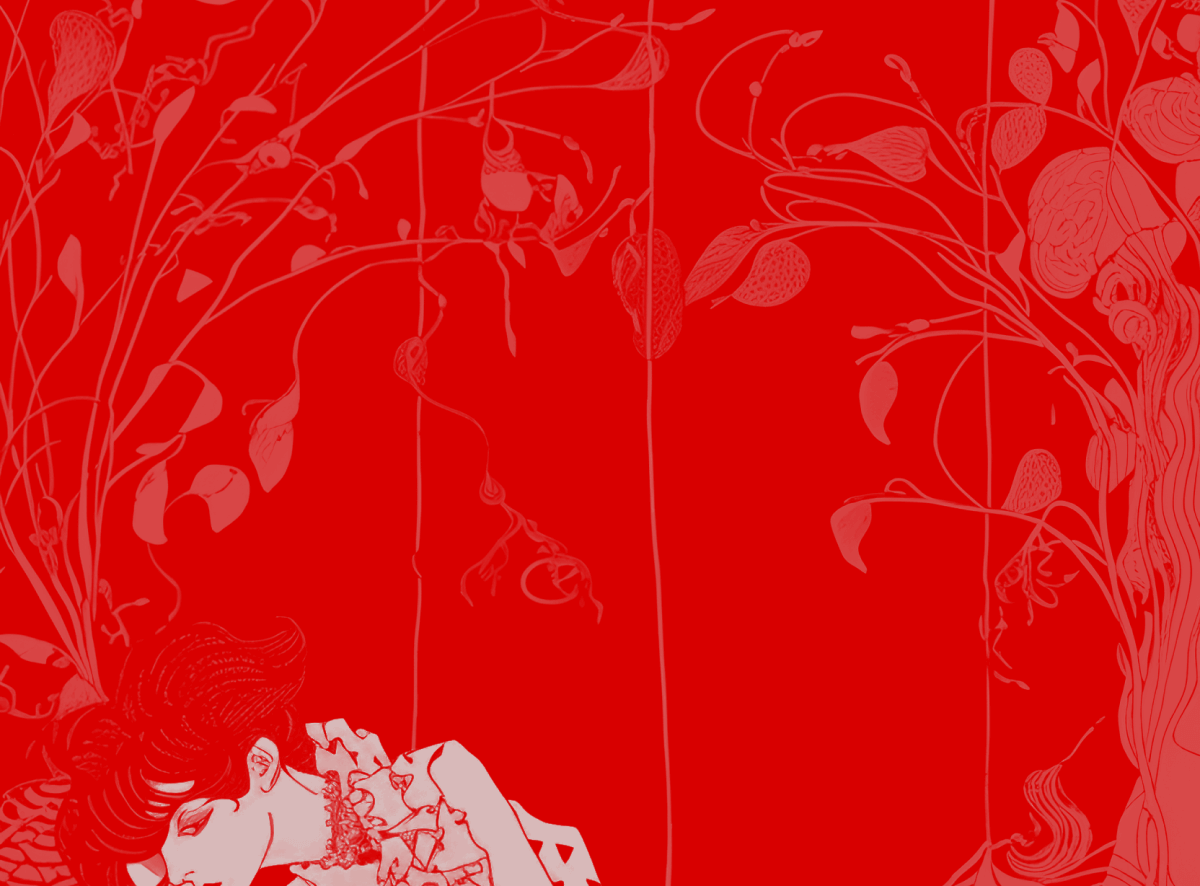


China sold about 4,000 tons
before
the wars,
the wars,
of opium
a year
a year
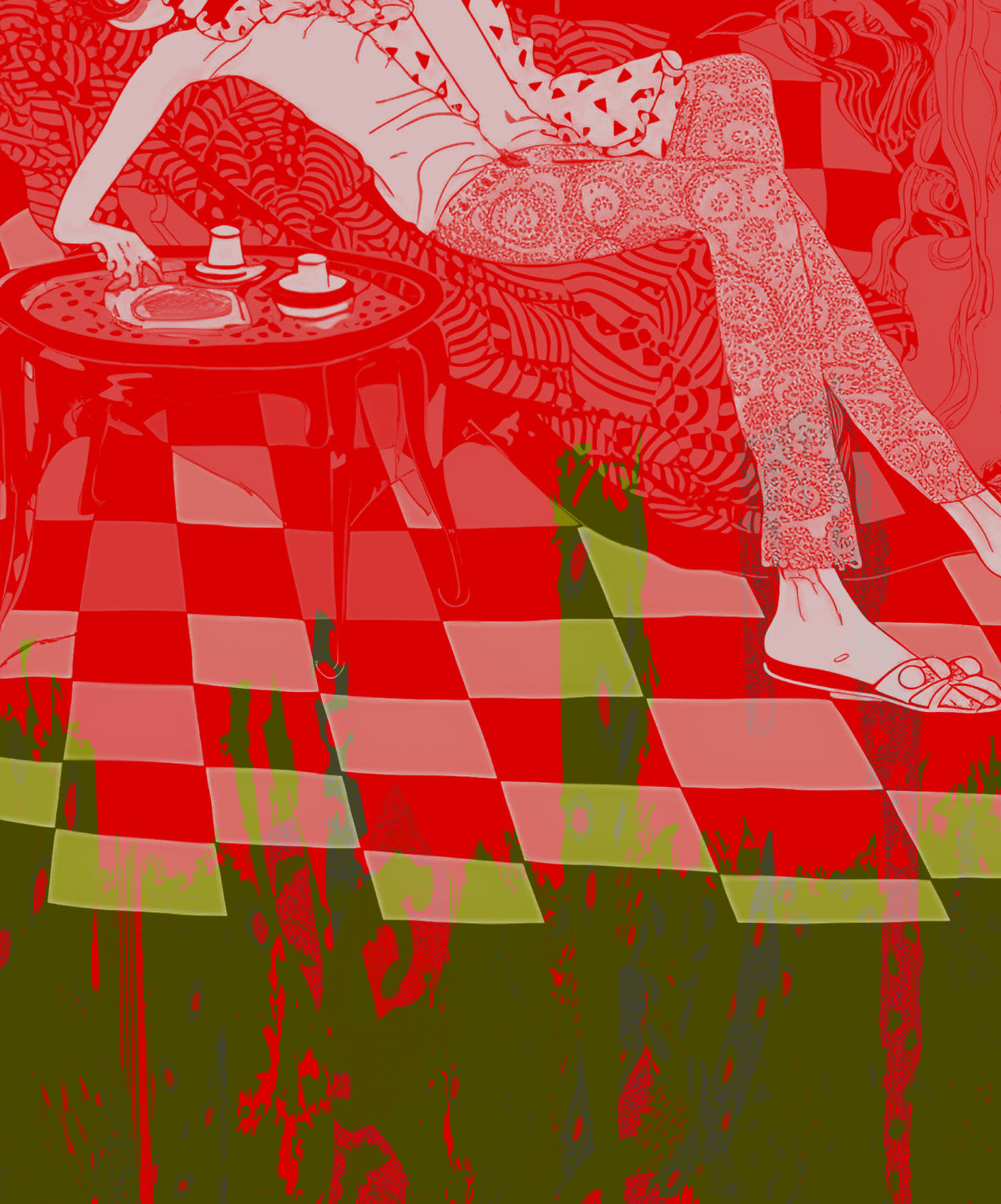
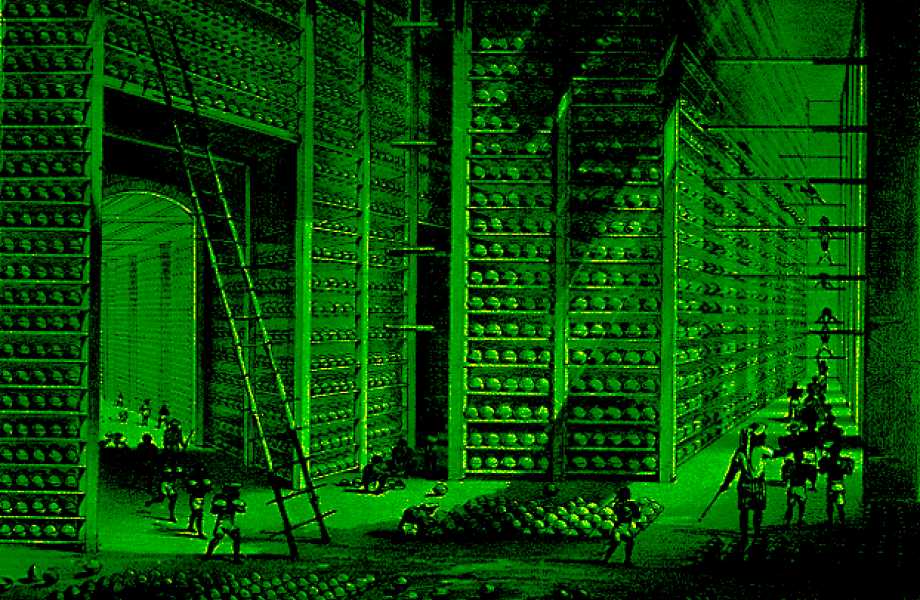
Stacking room, opium factory in Patna, India
"The Truth About Smoking Opium", 1882
"The Truth About Smoking Opium", 1882
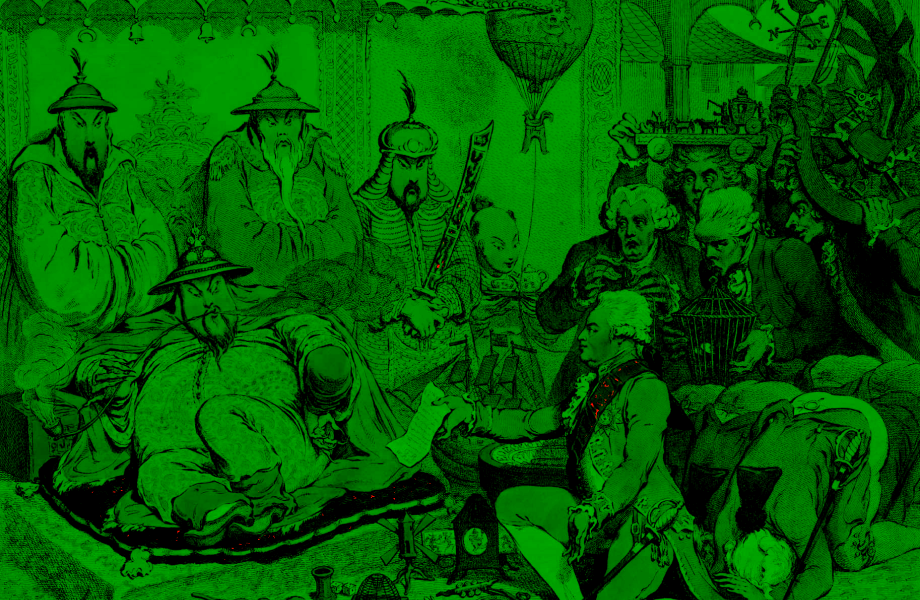
Satirical caricature of lord kneeling before the emperor and presenting his "gifts." Provided by the Lewis Walpole Library, Yale University
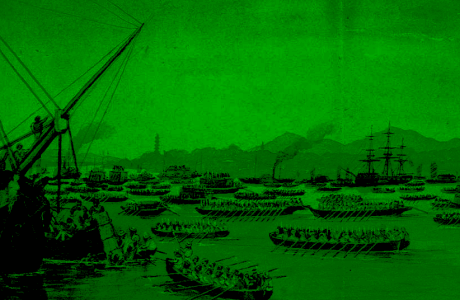
Anglo-French landing at guangzhou in December 1857,
19th century European drawing
19th century European drawing
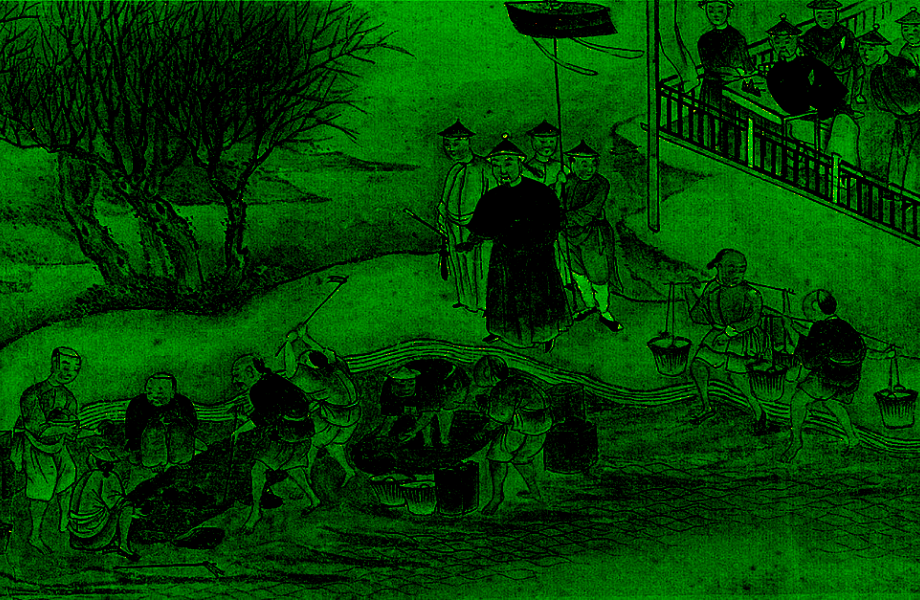
"Commissioner Lin and the eradication of opium in 1839"
Chinese artist
Chinese artist




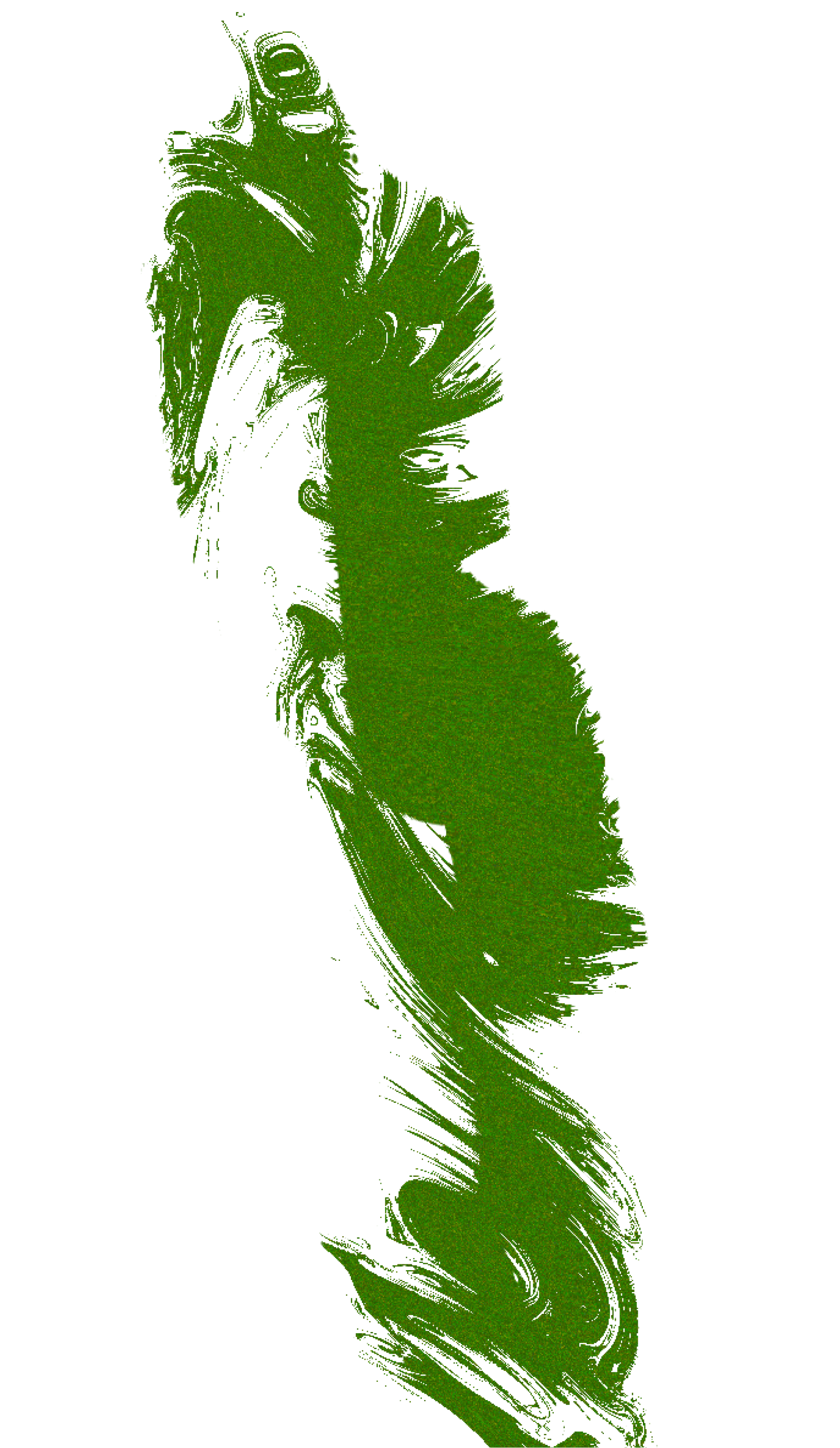

During the conflict, over 1.2 million pounds of opium (approximately 544.3 tonnes) were destroyed










10-20% of metropolitan officials and 20-30% of provincial officials have become addicts;
in some institutions up to 60% of all officials were addicts
in some institutions up to 60% of all officials were addicts











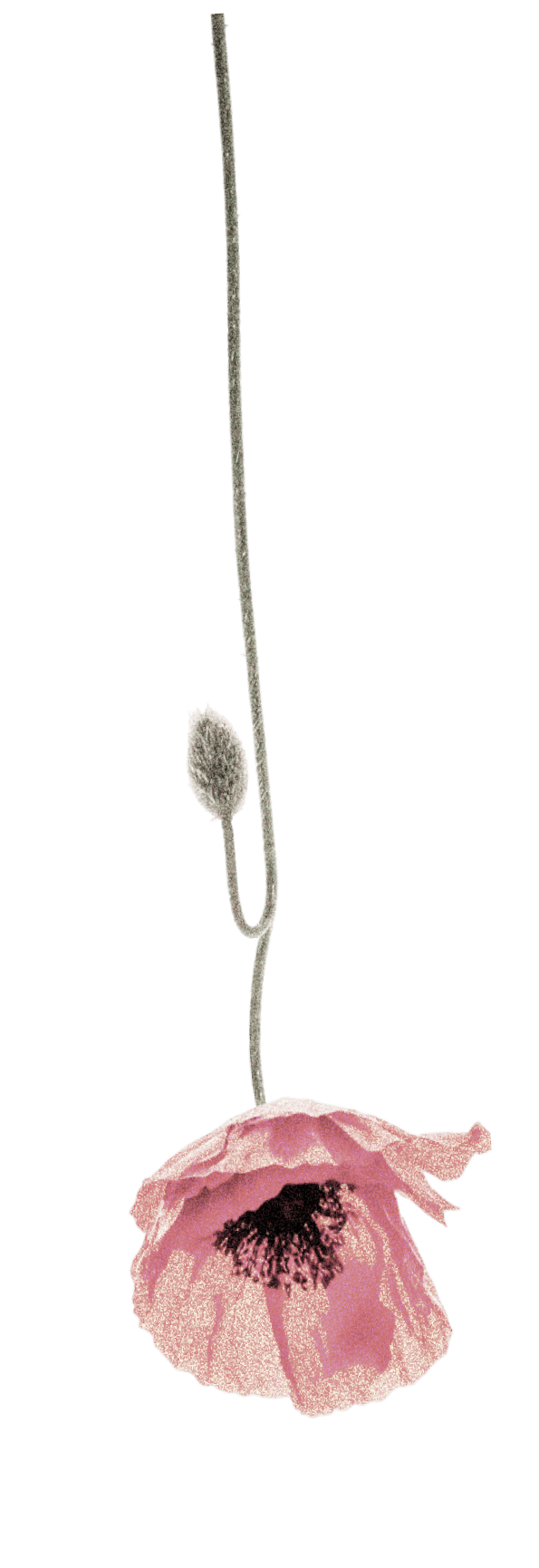
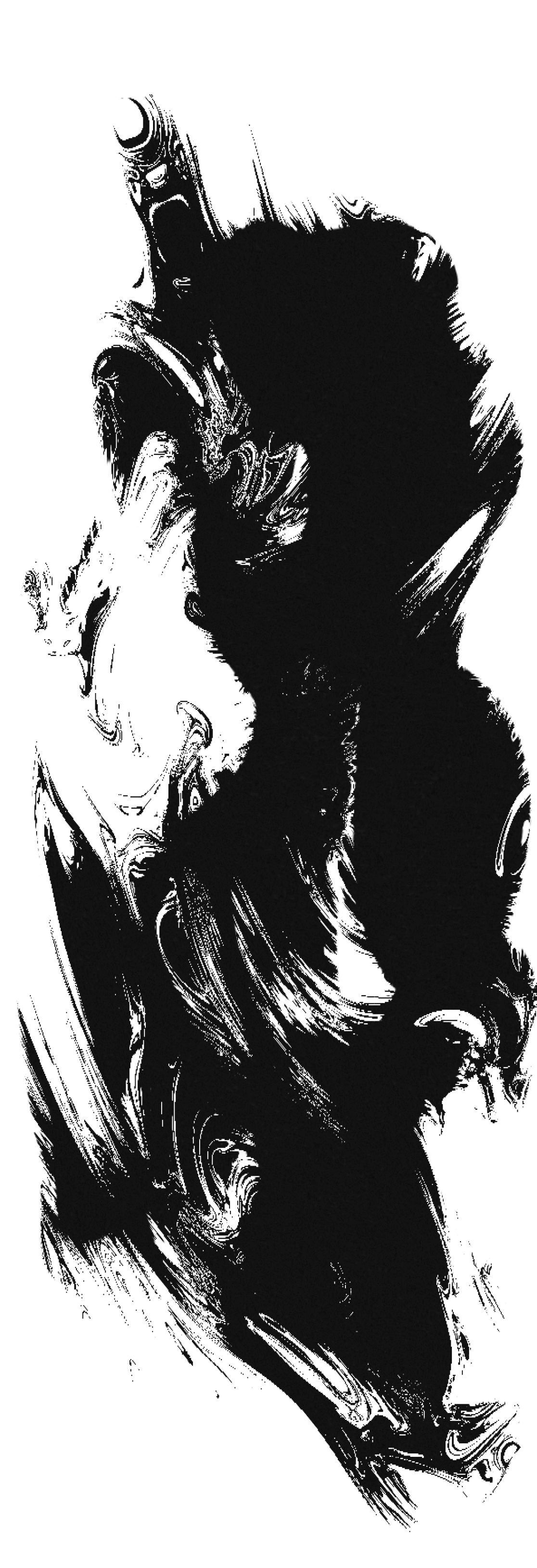



By the beginning of the war, there were about 100 million opium smokers in China, representing more than 10 percent of the country's total population
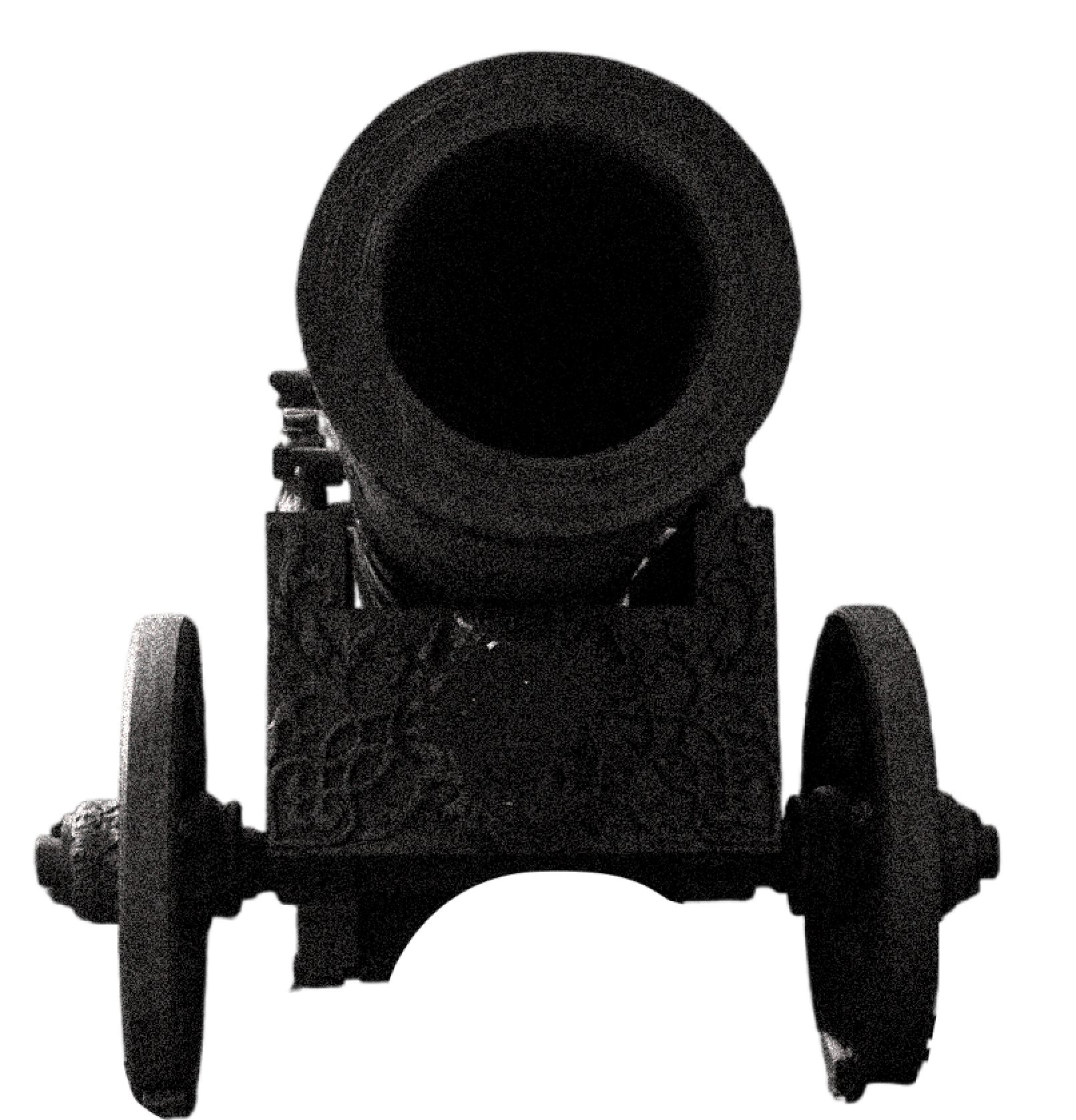
開始
戰爭
of opium Wars
The Outbreak


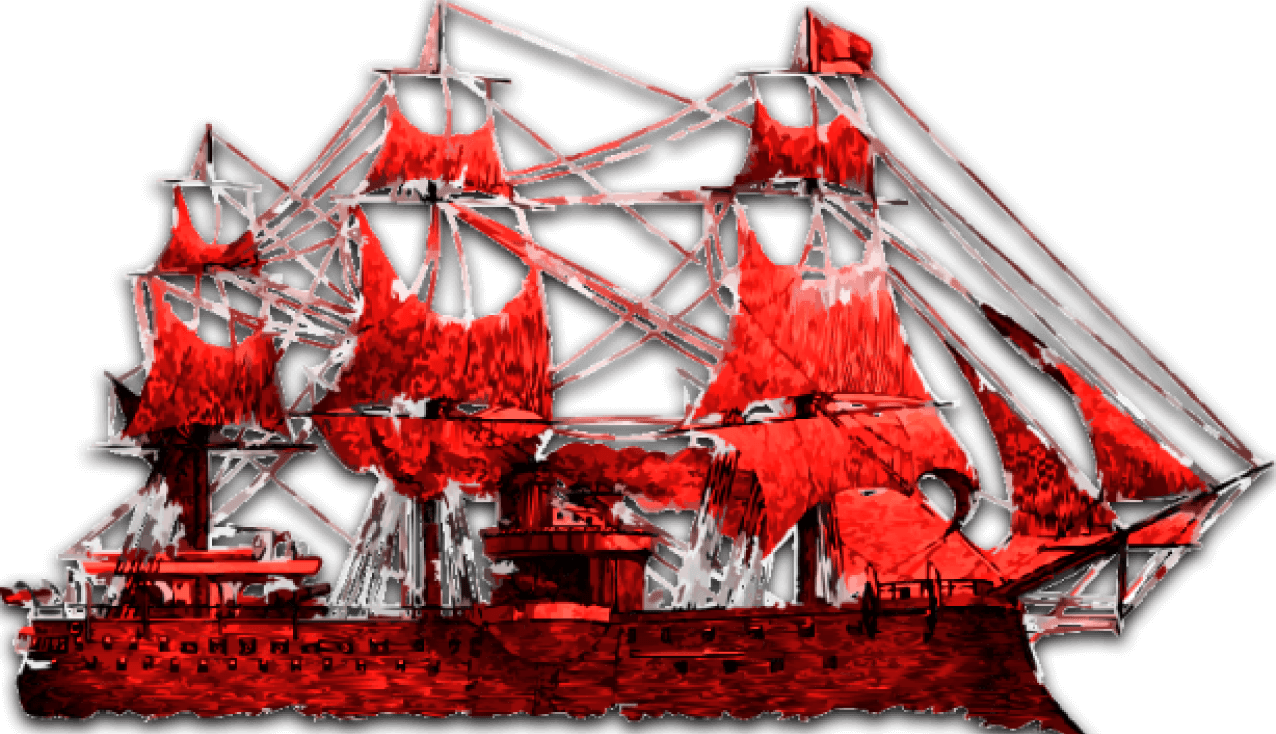

The First Opium War began in 1839, following the emperor's ban on opium imports and the destruction of 20,283 pounds (approximately 9,206 kg) of the drug
In response, Britain launched a military campaign that lasted until 1842.
This war was one of the first in history where the British employed large-scale military force to advance their economic interests in another country.
This war was one of the first in history where the British employed large-scale military force to advance their economic interests in another country.


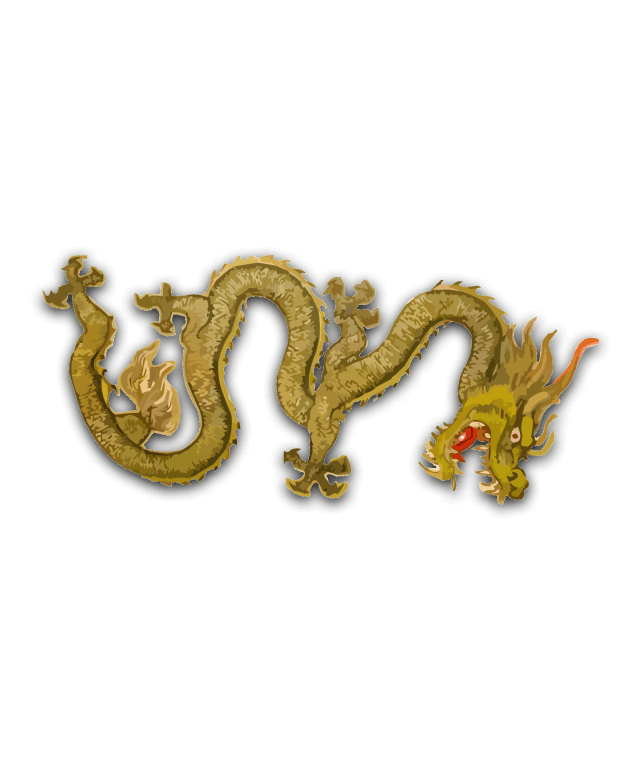









The exploration of China’s "closed" coastline was conducted by an expedition from the East India Company
A ship en route from Calcutta to Japan allegedly deviated from its course due to bad weather and was forced to navigate
along the coast of China from one "closed" port to another.
Despite the ban from Beijing and protests from local authorities, the expedition accomplished its mission. It surveyed the ports of Xiamen, Fuzhou, Ningbo, and Shanghai, and then visited Taiwan.
After successfully completing the reconnaissance, Britain dispatched an expeditionary fleet to the China Sea, which began bombarding cities and ports
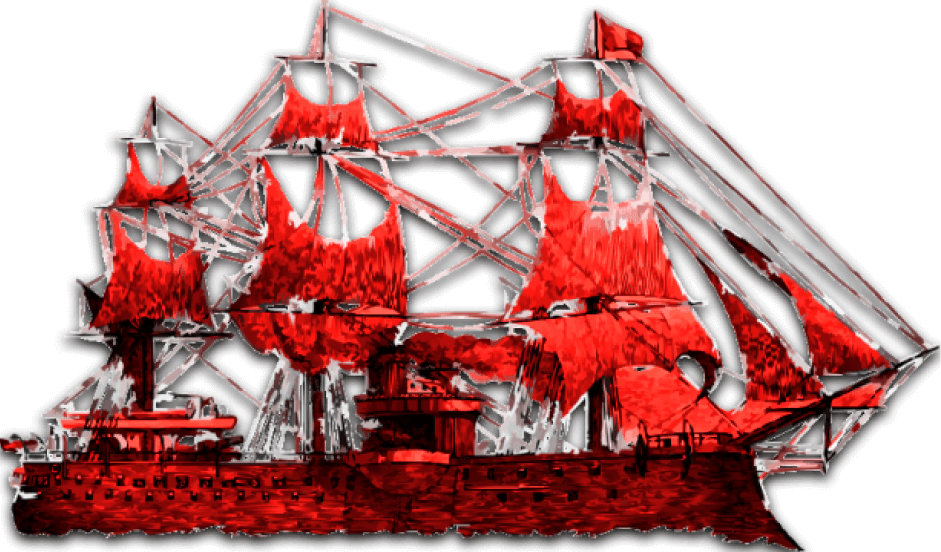

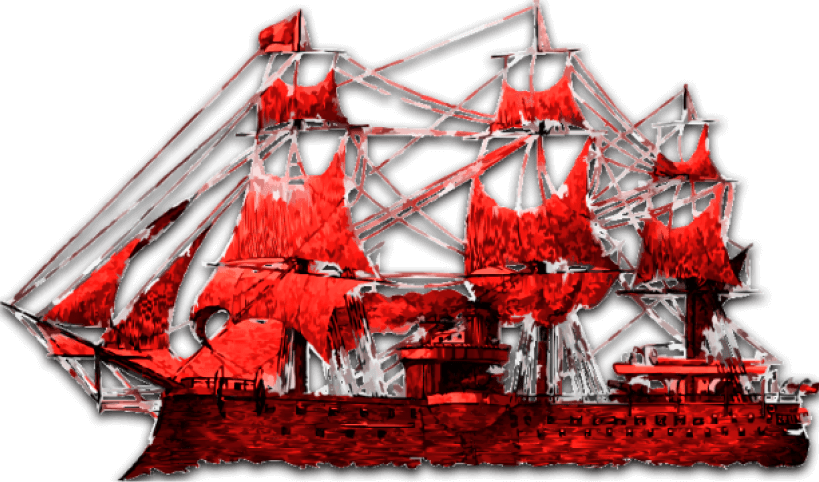









傷心
結果
outcomes
The deplorable
the first opium war lasted from
1839 to 1842.
The second was
The second was
from 1856 to 1860. Both ended
in a crushing defeat for China,
which was forced to sign
several unequal treaties that affected
the country's development


ports were opened for trade by foreign powers
China was forced to open its ports to trade by foreign powers, resulting in a shortfall in tax and other revenues, as well as a strong influence of Western and Japanese foreign forces on the Chinese economy.
Trading



All restrictions on the opium trade were abolished and a fixed rate on the opium trade was established
and other territories
China lost significant territories, including Hong Kong and the Jiama Islands, and was forced to grant concessions (the right to free trade, use of territory, and control of customs duties) to foreign powers within its territory
China lost Hong Kong and other lands as far back as 1997
Hong Kong

China was obliged to pay huge reparations to Britain.
payments
This included losses to British traders, all confiscated and destroyed opium, and the additional cost to the British government of conducting the war. The total sum amounted to 21 million silver dollars, the payments were made over several years and caused significant financial and economic problems for China.


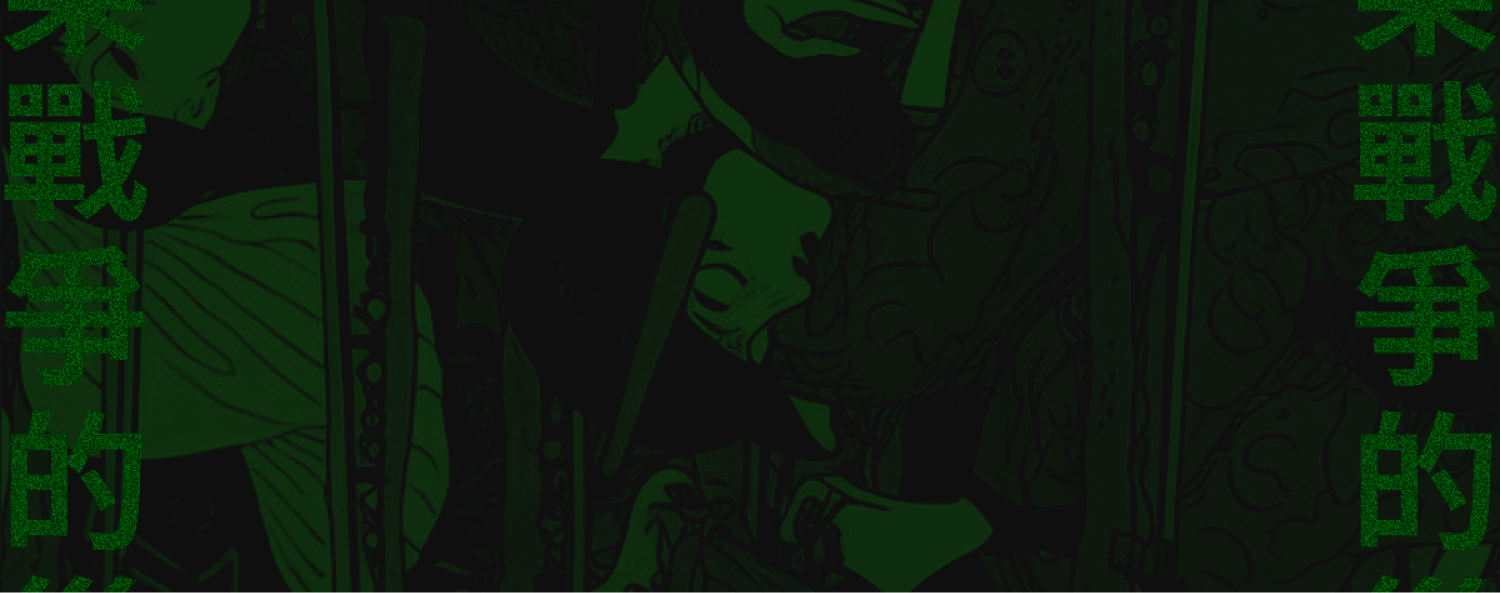

and the most important thing is
China’s drug abuse problem has worsened for decades to come


























this longread is for educational and non-commercial purposes













The opium wars history were told by
